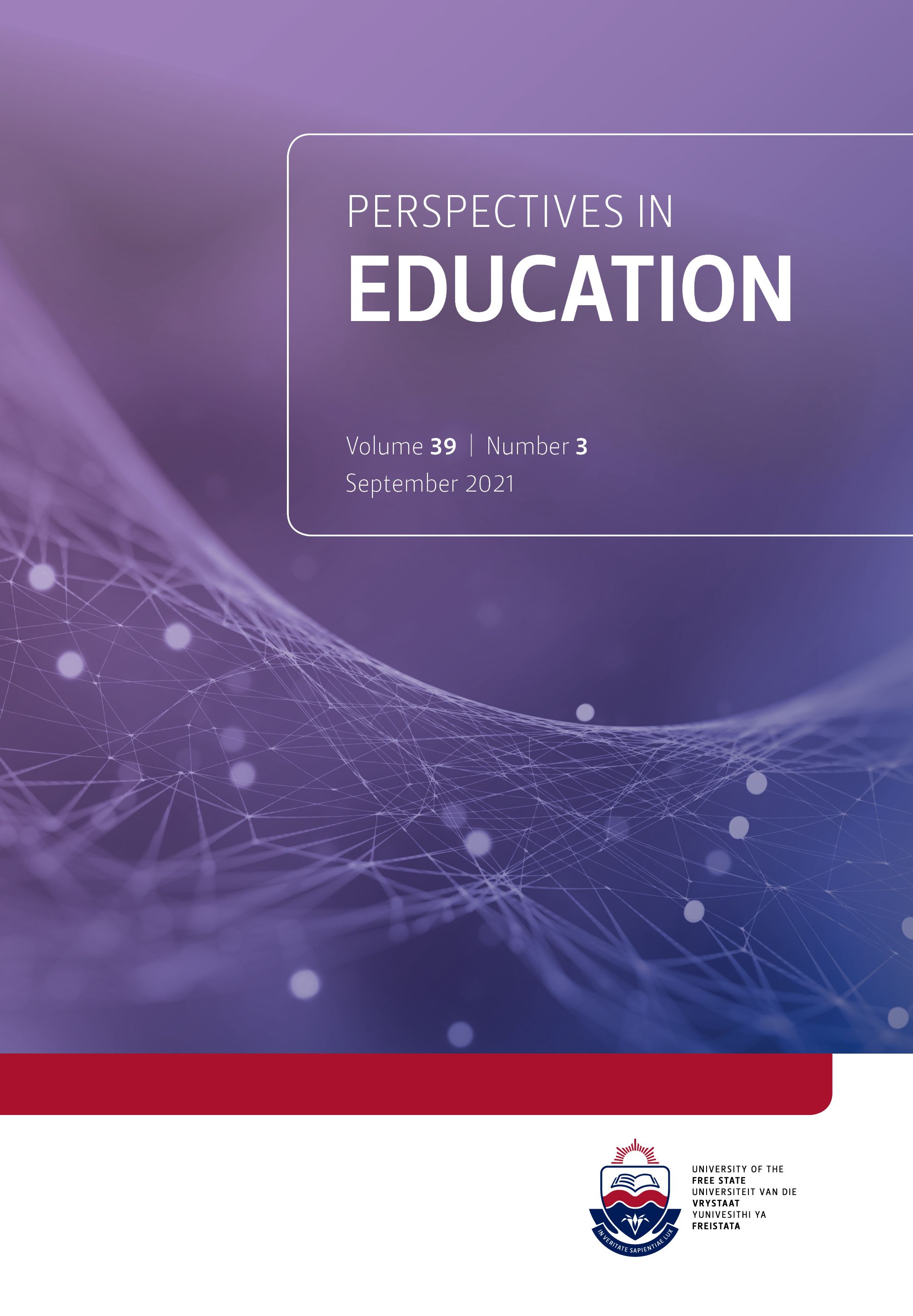The use of the process approach in South African English First Additional Language classrooms: A discourse analysis
DOI:
https://doi.org/10.38140/pie.v39i3.4867Keywords:
Process approach instruction, Socio-cultural theory, Zone of proximal development, Classroom discourse, Discourse analysis, CAPS, EFALAbstract
The Curriculum and Assessment Policy Statement suggests that enhanced cognitive and metacognitive writing skills are achieved when the process approach is used to teach writing (DoE, 2012). This paper presents findings on the process approach instruction used in selected South African English first additional language writing classrooms. It examines how teachers used the process approach to teach writing in selected further education and training (FET) phase writing classrooms in the Pinetown district in KwaZulu-Natal South Africa. Underpinned by socio-cultural learning theory, the study observed 15 writing lessons using a video camera. Classroom discourse analysis was used to analyse data. The findings reveal teachers’ knowledge of the process approach curriculum they are expected to implement. Time constraints in the FET phase writing curriculum hinder teachers’ in-depth facilitation of the stages of the process approach to writing. Traditional teaching strategies were prevalent in the process approach writing classrooms. I argue for a socio-cultural scaffolding model of writing that embraces activity-based writing strategies when dealing with writing development in the FET phase since this moves beyond formal accuracy and discrete aspects of language and situates writing within meaningful contexts and authentic purposes and, thus, prepares learners for post-school writing practices.
Downloads
##submission.downloads##
Published
How to Cite
Issue
Section
License
Copyright (c) 2021 Nomalungelo Ngubane

This work is licensed under a Creative Commons Attribution 4.0 International License.





